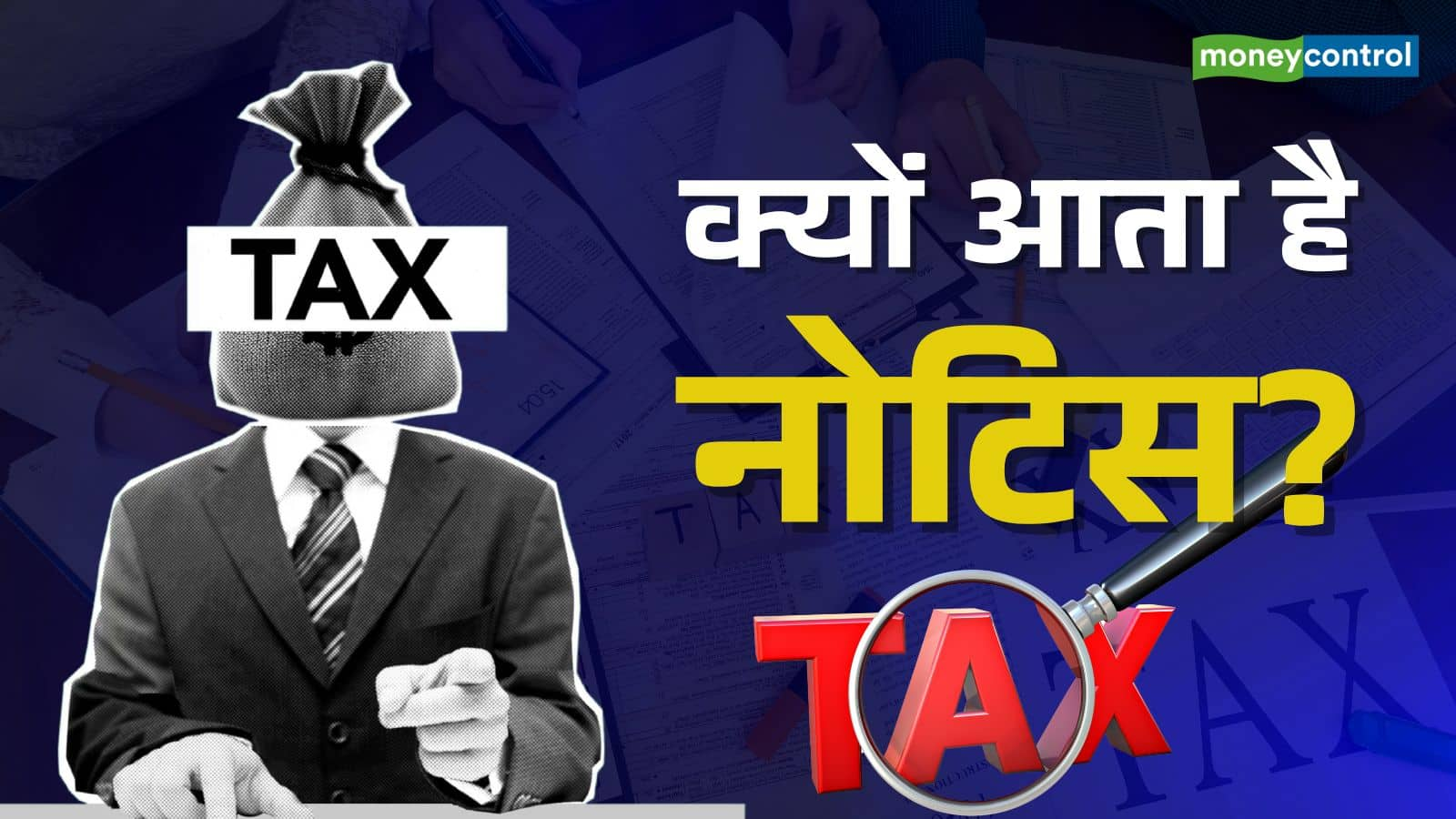
Income tax notice: Recently, Mangal Prasad of Kaushambi (Uttar Pradesh) won Rs 4 crore with an entry on Dream11 fantasy sports platform for just ₹ 39. Mangal Prasad, who works in a plywood factory, has to get 2.44 lakh out of 4 crore after deducting tax. If Mangal Prasad did not give correct information in the Income Tax Return (ITR), then the Income Tax Department can also issue notice to them and ask where he suddenly came from.
The Income Tax Department can actually send notice to anyone under Section 133 (6) of the Income Tax Act, 1961. However, this does not mean that you have a mess or any investigation has started against you. According to the expert, it is part of the routine process, whose purpose is to gather only information.
What does Section 133 (6) say?
According to the tax expert, Section 133 (6) empowers the tax authorities to ask for financial information from any person or institution, whether an assessment or investigation is pending or not at that time. Such notices are often sent when there is an inconsistency in tax returns, a high value transaction in an account, sudden income has increased, or an unusual claim of deduction has been made.
Which documents demand the department?
If the Income Tax Department finds anything unusual, it usually asks for some documents, so that things can be confirmed. Such as:
- Bank statement
- Procurement agreement of property or other assets
- GST Return
- Invoices and bills
- Documents related to loan
- Contract with customers or vendors
Many times such notices can also be sent to those third parties who are involved in any transaction from the concerned taxpayers, such as banks, vendors or traders.
What to do after receiving notice?
If you get a notice from the Income Tax Department, there is no need to panic. In such a situation, steps should be taken by taking care of some things:
- Confirm the notice: Check that the notice has been sent by an authorized officer and has a valid document identification number (DIN).
- Understand the notice: Make it clear what is the nature of the information sought.
- Gather documents: Collect all the necessary documents and make sure they are accurate and updated.
- Send Answer: Send information through income tax e-filing website. In the event of submission of hard copy, take a copy of receiving.
- Request the duration to extend: If it is possible to gather information within the fixed deadline, then it can be formally demanded to increase time.
Is this notice a sign of trouble?
Tax experts answer, not at all. He says that the notice issued under Section 133 (6) is only to seek information. Based on this, no legal proceedings can be initiated by itself.
How to avoid such notice in future?
Taxpayers should maintain transparency in their financial transactions. With this you can avoid unnecessary tax notice:
- Avoid large cash transactions, especially in matters related to real estate or jewelery.
- Give accurate and honest information in income tax return.
- There is no serious difference between returns and banking/business data.
Experts believe that most notices are sent due to discrepancy in data. If your information is correct, then there is nothing to worry about. If you get any such notice, then you can also submit the correct information after taking advice of professional tax expert.
Also read: ITR Filing: These 5 mistakes are often made in filing income tax returns, what is the way to escape?